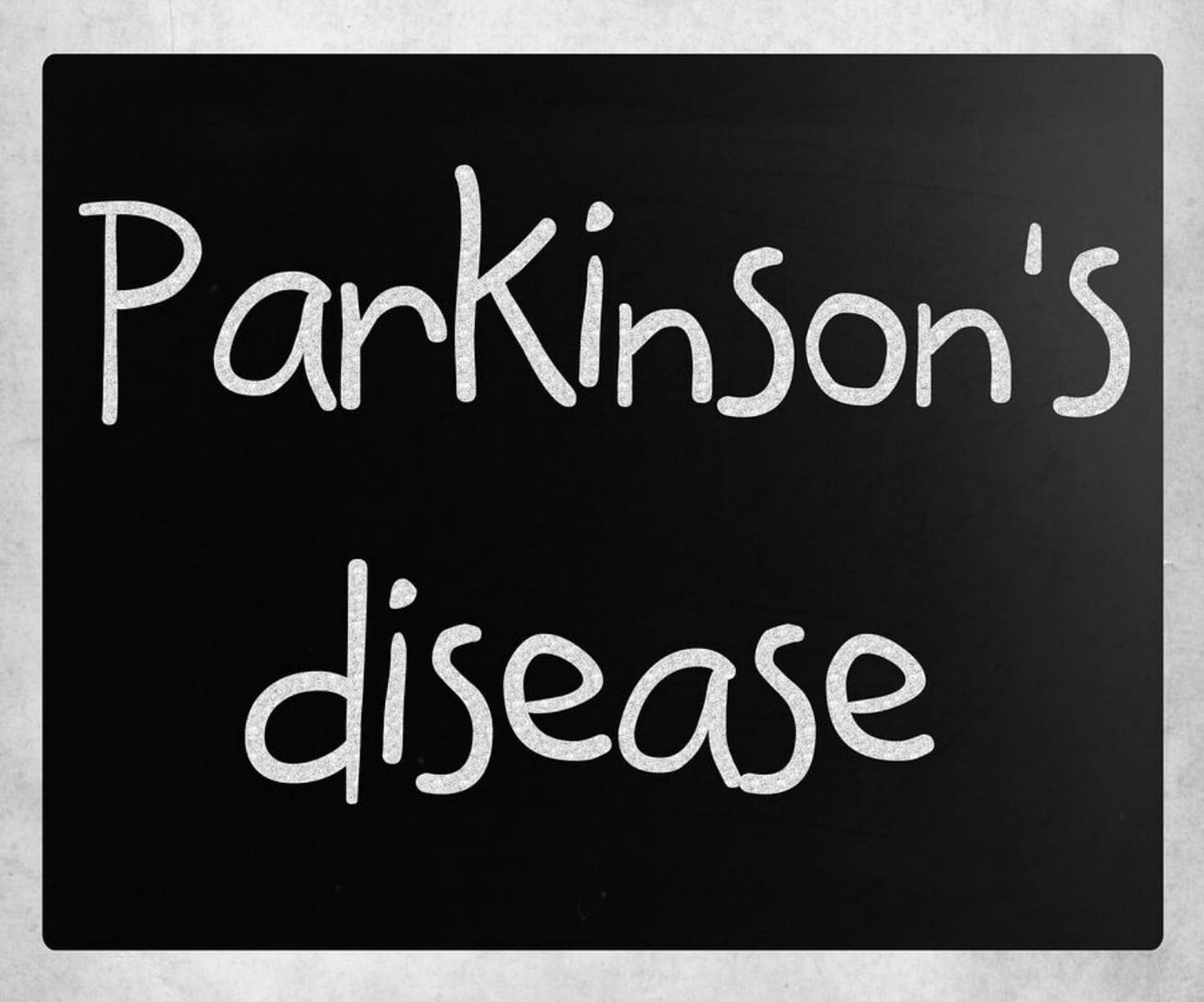When an older family member is diagnosed with Parkinson’s disease, a condition of the nervous system affecting movement, it’s normal for family caregivers to look for answers about why the senior was affected. In fact, learning more about the disease is a good way for caregivers to start their journey in the role. The more you know about the disease, the more you can advocate for the senior’s care and help them to cope with the diagnosis. The causes of Parkinson’s disease is a good place to start in your quest for knowledge.
Causes of Parkinson’s Disease
When an older adult has Parkinson’s disease neurons in the brain begin to malfunction and die. However, why this happens in some people isn’t completely understood by doctors yet. What we do know is that the neurons that are affected are the ones that produce dopamine, a chemical that is involved in controlling movement.
Though the exact cause isn’t known, doctors believe there a few factors that may be involved:
Genetics: Scientists have found that when certain genes are mutated, it can lead to Parkinson’s disease. This is the case when Parkinson’s runs in a family. However, this is extremely rare. Only about 1 in 100 people have a hereditary form of the disease.
Environment: Environmental factors cover a wide field of things. Basically, an environmental factor is everything except genetics. This includes what people eat, where they live, their exposure to chemicals, and much more. In the case of Parkinson’s disease, research has indicated a link between exposure to Agent Orange, insecticides, herbicides, fungicides, and chemicals and metals used in factories.
Brain Changes in Parkinson’s Disease
In terms of physical changes that cause the symptoms of Parkinson’s disease, scientists have noticed some brain changes common to people with the disease. One of the major changes is the presence of Lewy bodies. Lewy bodies are abnormal clumps of a certain kind of protein that form in the brain. While it’s normal for the brain to contain this particular form of protein, it isn’t normal for it to gather into clumps. The Lewy bodies are commonly found in areas of the brain having to do with sleep and the sense of smell, which scientists believe accounts for some of the symptoms not related to movement.
As you gather more knowledge about Parkinson’s disease, one of the things you’ll find is that the disease is progressive. People who have it eventually need full-time assistance. Providing round-the-clock care is often impossible for family caregivers. When that is the case, elder care can step in to offer help. Elder care agencies can send qualified professionals to assist with your aging relative’s care when family caregivers cannot be there or need some time to themselves. Elder care providers can even spend the overnight hours ensuring your loved one stays safe while you get a good night’s rest.
If you or an aging loved-one are considering Elder Care in Pittsburgh, PA, talk to the caring staff at Superior Home Care today. Call us at 412.754.2600
Sources
https://www.mayoclinic.org/
https://www.webmd.com/
https://www.medicalnewstoday.com/



